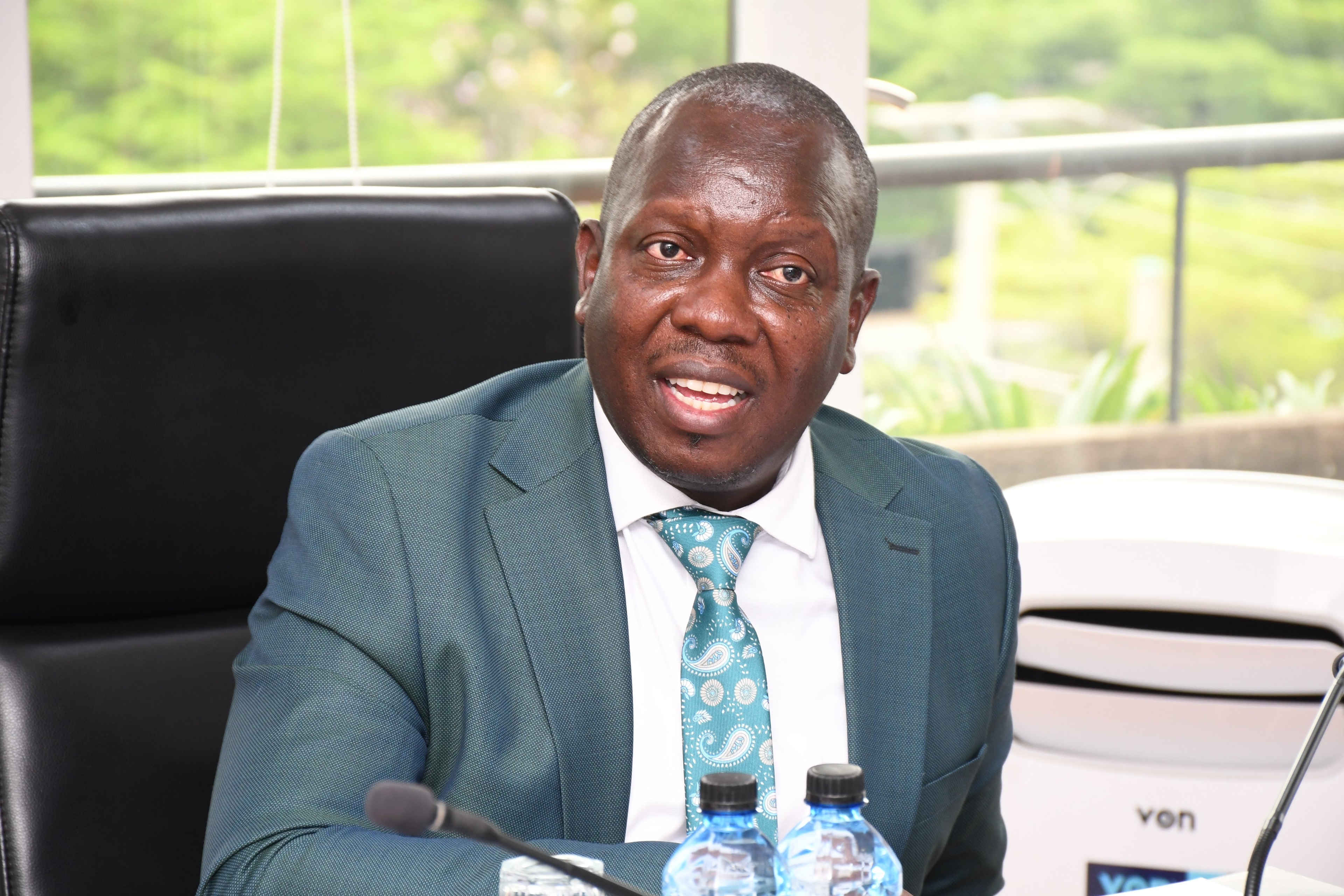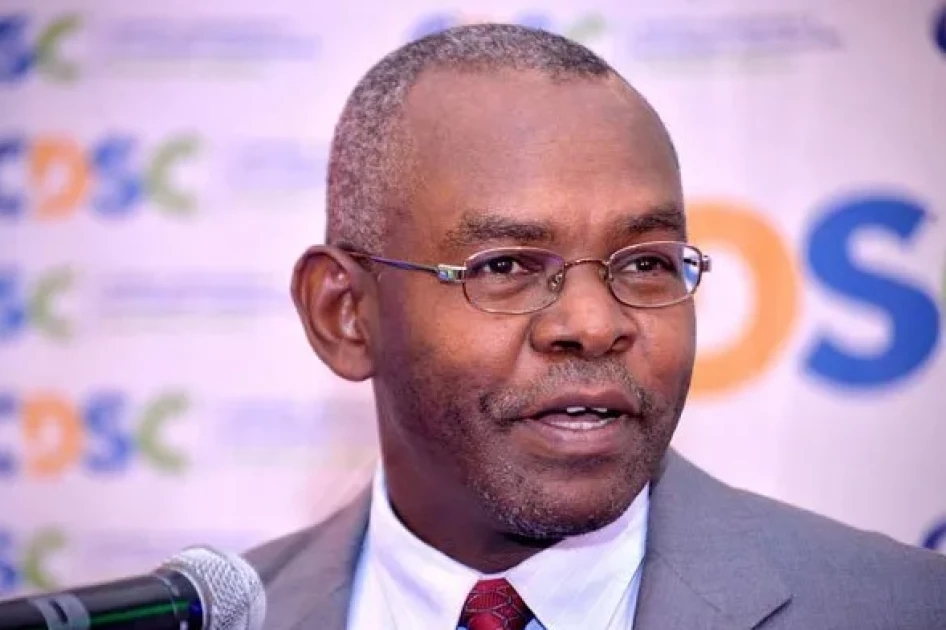Non-tariff Barriers (NTBs) and protectionism at the national level are key factors impeding the growth of intra-EAC trade, according to East African Community Secretary General Peter Mathuki.
Mathuki said that the region was working continuously to eliminate NTBs with 26 of them having been resolved out of the 33 that had been reported as of June 2023.
He added that seven NTBs remained outstanding but were at different levels of resolution.
“To facilitate free movement of goods, EAC partner states have effectively eliminated Non-Tariff Barriers (NTBs) as they arise and have cumulatively eliminated a significant number of 184 NTBs with only a few remain outstanding,” said Mathuki.
Mathuki made the remarks when he delivered the annual State of the EAC address at the EAC Headquarters in Arusha, Tanzania on Wednesday.
He disclosed that EAC total trade increased by 13.4 per cent to $74.1 billion in 2022 from $65.3billion in 2021, while the total Intra-EAC trade grew by 11.2 per cent to $10.9 billion in 2022 from $9.8 billion in 2021.
The secretary general noted that the percentage share of Intra-EAC trade to EAC total trade stood at 15 per cent in 2022, and 2023 has indicated a positive trend with 16 per cent in January and 19 per cent in February recorded of total EAC trade.
“The increase is attributed to a strong collaboration with partner states to promote EAC trade including admission of DRC, timely resolution of NTBs and enhanced trade facilitation initiatives,'' he said.
Others include harmonization of 2,568 East African standards promotion of Micro, Small and Medium Enterprises through the Annual EAC MSMEs Trade Fair (Jua Kali Nguvu Kazi exhibition), sensitisation and capacity building of relevant stakeholders.
Mathuki said that the implementation of the Single Customs Territory, which is a stop gap measure towards the realisation of a fully-fledged Custom Union in the EAC, has seen a reduction in the turn-around time from an average of 21 days to four days along the EAC corridors.
“About 95 per cent of the EAC Customs regimes including imports and exports have been operationalised with transit being piloted. The average transit time from the main EAC Ports of Entry Dar es Salaam and Mombasa to the exit borders reduced from 86.16 hours (3.59 days) to 81.84 hours (3.2 days) in 2022,” he said.
He added that a comprehensive review of the EAC Customs Management Act, 2004 was also finalised to enhance the operations of the Single Customs territory.
“The operationalisation of additional OSBPs with non-EAC countries Tunduma / Nakonde (Zambia/Tanzania), Moyale/Moyale (Ethiopia/Kenya), and Kasumulu / Songwe (Tanzania/Malawi) has led to a reduction in cross border clearance time by 80 percent,” he added.
Mathuki revealed that five out of the seven EAC partner states commenced the issuance of the EA e-Passport to facilitate the free movement of persons across the region.
“To facilitate the free movement of services, the Community adopted and is implementing a Mechanism for Removal of Restrictions in trade in services with the aim of identifying and monitoring the removal of restrictions in service sectors,” Mathuki said.
















